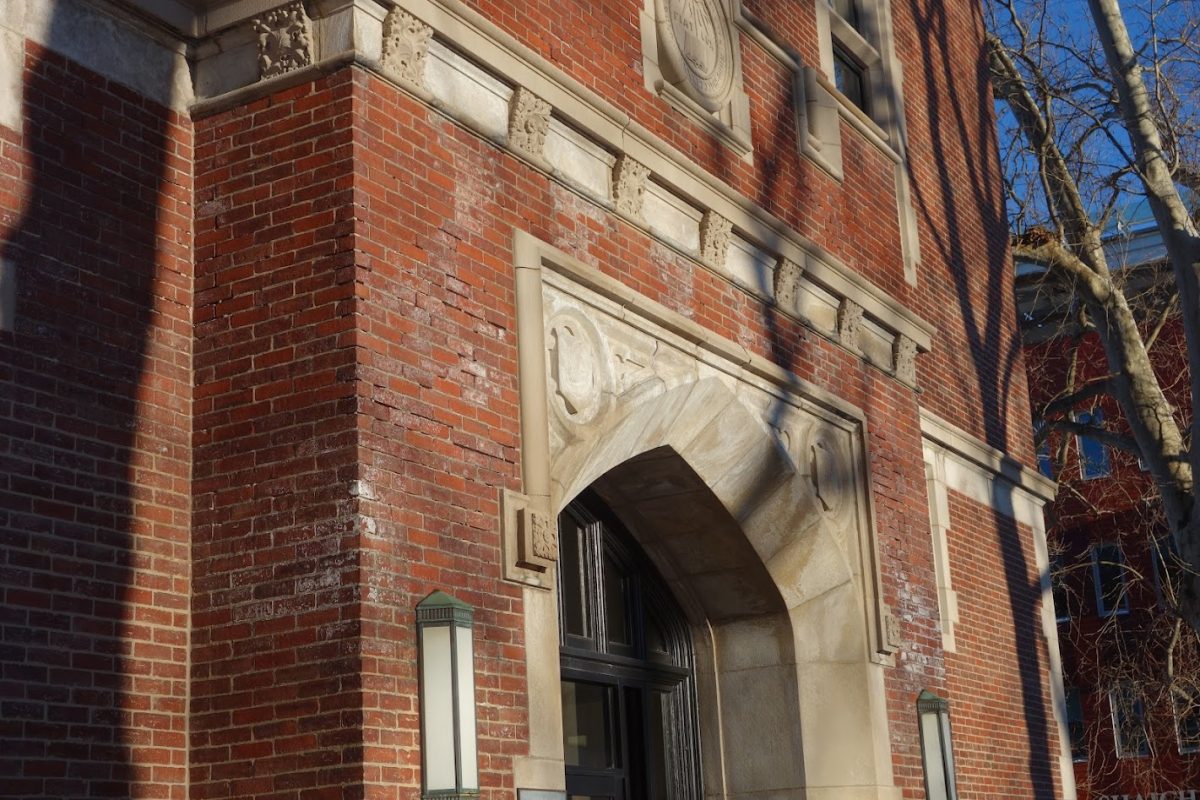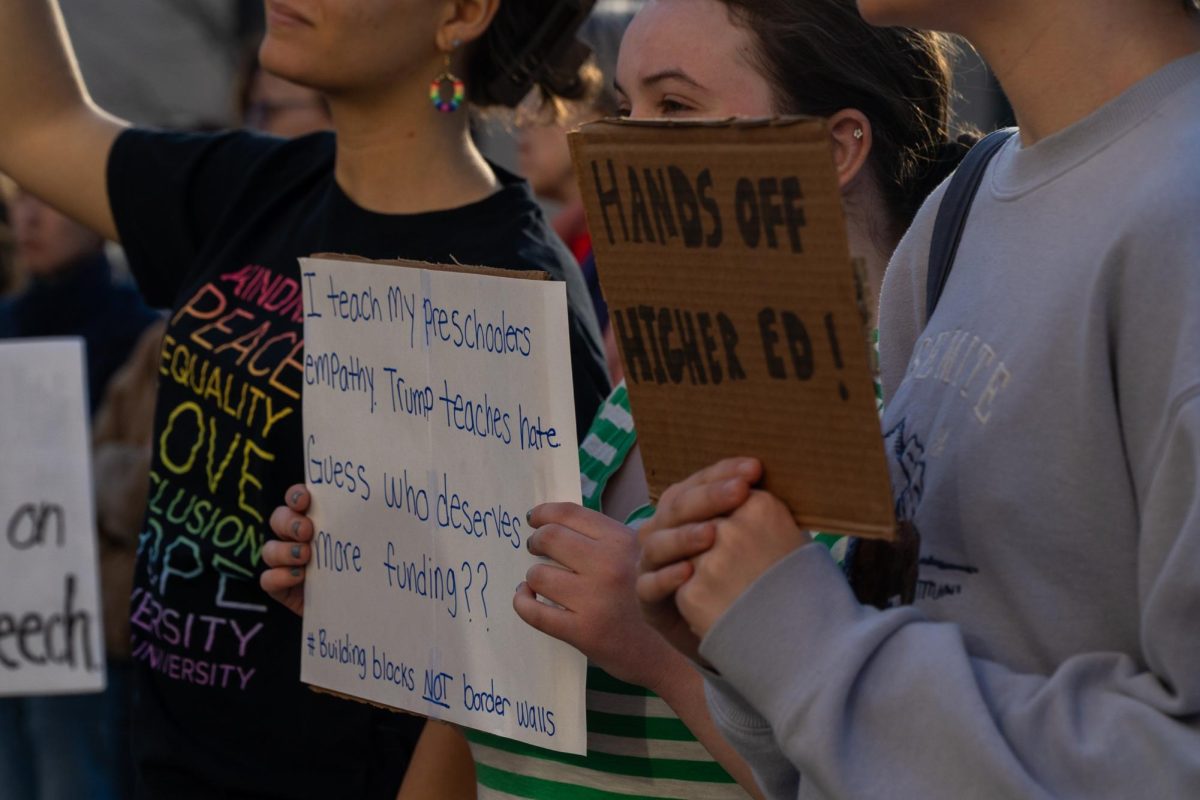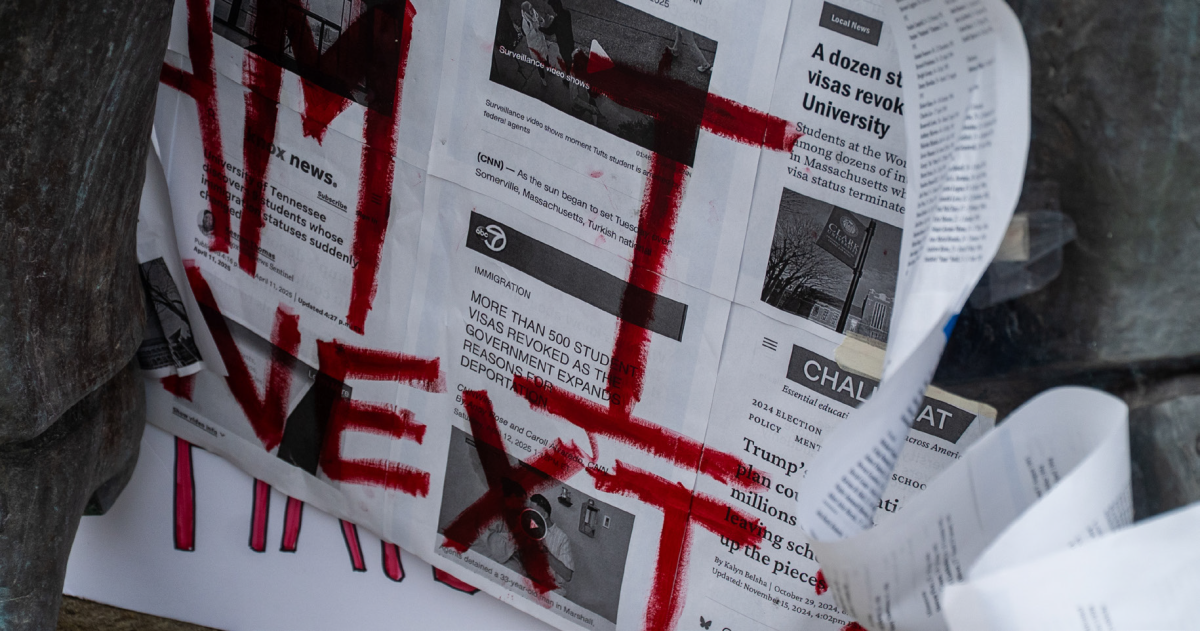On February 1st, 2024, President David Fithian addressed students, faculty, staff and alumni to announce the creation of the Committee on the Question of Institutional Neutrality as a Policy for Clark University.
In a communication titled “Considering the Question of Institutional Neutrality,” Fithian states that the role of the Committee is to make recommendations on whether Clark should adopt an institutional neutrality policy.
As described by President Fithian, the Committee is expected “to consider how best for Clark to fulfill its mission with respect to whether, when, and why we issue official statements in response to external incidents.”
Clark has no official guidelines on taking positions in statements on current events.
The creation of the Committee could be partially motivated by pressure on the University from students and alumni for the University to respond to the Israel-Hamas war.
President Fithian listed his statement on “the attack by Hamas on Israel on October 7” as one example of a statement in response to an external incident that would likely be affected by an institutional neutrality policy.
Students at Clark shared their perspectives on whether the university should take stances on current events.
“I think actually right now it’s definitely necessary,” Tyler Harmon, a sophomore, said. “There are ongoing conflicts that I believe we have direct involvement in… in terms of where our money goes.”
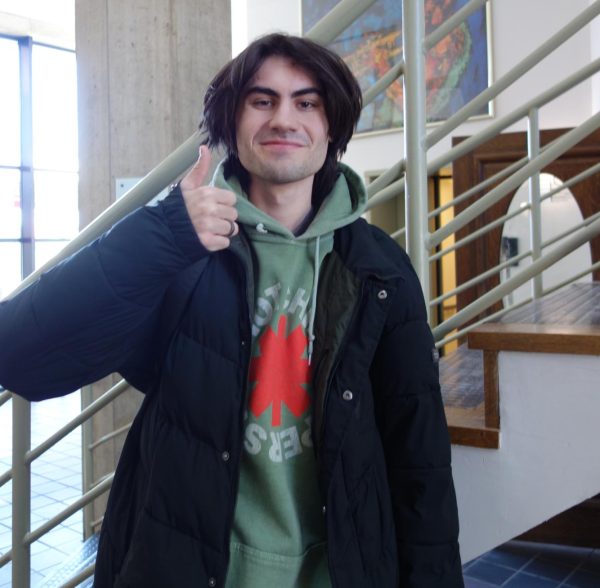
Tyler said, “I understand why some might want to institute a neutrality policy, but I think at the end of the day, it’s kind of counterproductive – it doesn’t really speak to the values that Clark preaches.”
Soham, a second-year PhD student studying physics, considered the question with perspectives among students in mind.

“We have a diverse population of students… [each] individual stand on particular matters can vary from student to student” said Soham. “If the university takes a stand in particular – like yes or no – to a particular issue, then it may hurt feelings for a particular population of students.”
Two students offered suggestions on how Clark should respond to these kinds of issues.
Uddipto Nandi, a sophomore, said, “I think [Clark] should instead give spaces for students to talk about issues, like current events, without taking a super hard stance on a certain issue.”

“I think Clark should provide the spaces for students to take stances on current events, but not exclude [anyone],” said Percy, a first-year. “If they’re gonna pick a stance as a university, they need to provide the space for students who disagree with that.”
Both students expressed a desire for the University to provide spaces and resources for all perspectives.
If a neutrality policy were to be recommended by the Committee and then adopted by the University, President Fithian and other administrators would not issue statements on current events barring issues relating directly to higher education like the Supreme Court ruling on Students for Fair Admission, inc. v. Harvard College and University of North Carolina.
The President’s move to create the Committee on the Question of Institutional Neutrality as a Policy for Clark University is not a new idea.
The Kalven Report, a document produced by a University of Chicago committee in 1967, recommended that the university should not take positions on what it calls public issues: “The university is the home and sponsor of critics; it is not itself the critic.”
Fithian served as Executive Vice President of the University of Chicago for six years before he was brought on as Clark’s 10th President.
Supporting the growing relevance of the 1967 Report, University of North Carolina at Chapel Hill Board of Trustees passed a resolution to officially adopt the University of Chicago’s Kalven Report in 2022.
In a piece from this past December titled “The Kalven Report and The Limits Of University Neutrality,” President Emeritus of Missouri State University Michael T. Nietzel contends that many institutions have referenced the Kalven Report in justifying their failure to be direct in addressing campus tension over The Israel-Hamas war.
Clark is not isolated from campus action and tension regarding the crisis in Palestine. In President Fithian’s October 10, 2023 communication titled “A Message of Concern for Our Community,” he addresses the “violence that is spreading throughout the region…”
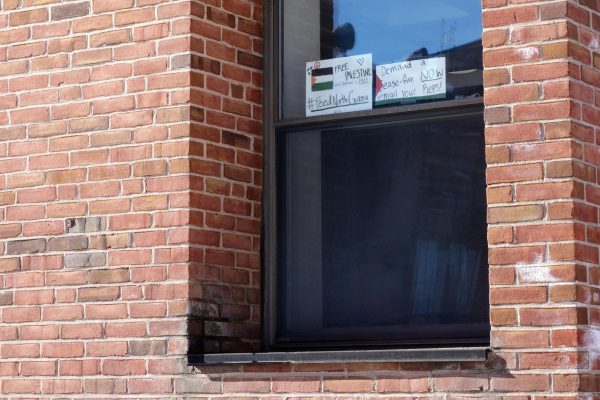
The Scarlet reported last December that activists at Clark and across Worcester are energized and clear about their concerns and positions.
The Committee on the Question of Institutional Neutrality as a Policy for Clark University has twelve members. It is composed of representatives from the Board of Trustees, administration, faculty, staff, and alumni. The presidents of the undergraduate and graduate student councils also sit on the Committee. They are expected to complete their work and produce a report on the issue by the end of the semester.
The Office of the President created the mailbox [email protected] to give people an opportunity to share input on the question of institutional neutrality.
Want to share your opinion on whether Clark should adopt institutional neutrality?
Email [email protected] or call The Scarlet at (508)-793-2266

